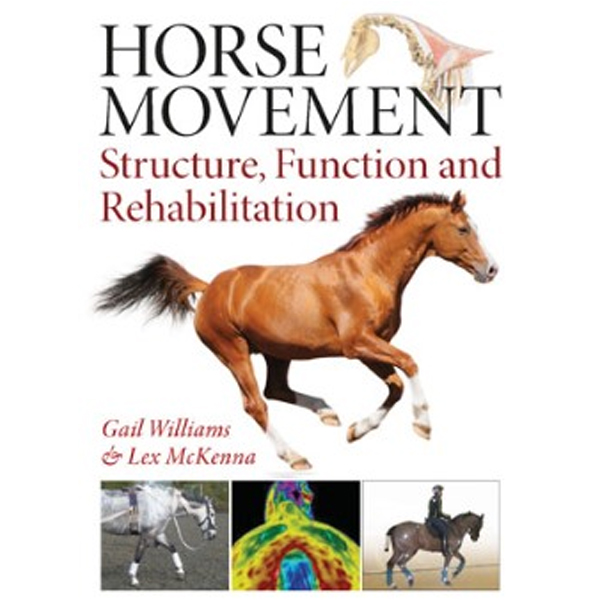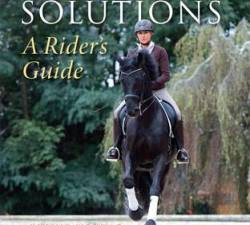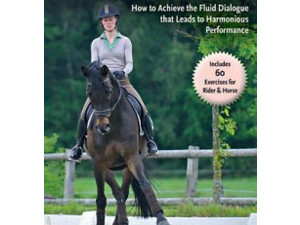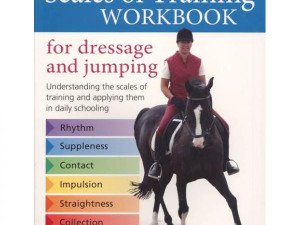Horse Movement
$95.00
Horse Movement – Structure, Function and Rehabilitation by Gail Williams & Lex Mckenna Hardback
Anatomy is often said to be boring, but nothing could be further from the truth. Anatomy, particularly functional anatomy, is a vital and dynamic subject, an appreciation of which leads not only to superior horse management and welfare, but also to a better understanding of the anatomical challenges associated with riding, training, overtraining, injury, and rehabilitation. Using Alexa McKenna’s fabulous illustrations, this book shows the correlation of the skeleton, muscular system and locomotion, providing a clear insight into the functional and dysfunctional horse.
It addresses the largely misunderstood concept of “perfect conformation” and looks at the effect of the rider and tack on the function of the horse, using cutting-edge diagnostic techniques such as thermal imaging and gait analysis.
Out of stock
Description
Horse Movement – Structure, Function and Rehabilitation by Gail Williams & Lex Mckenna Hardback
“Congratulations to the authors for compiling a book that is both interesting to read and relevant to current training practices. The information herein will be useful for analysing, interpreting and improving the performance of our equine athletes.” — Prof. Hilary M. Clayton, BVMS, PhD, Dipl ACVSMR, MRCVS
Anatomy is often said to be boring, but nothing could be further from the truth. Anatomy, particularly functional anatomy, is a vital and dynamic subject, an appreciation of which leads not only to superior horse management and welfare, but also to a better understanding of the anatomical challenges associated with riding, training, overtraining, injury, and rehabilitation. Using Alexa McKenna’s fabulous illustrations, this book shows the correlation of the skeleton, muscular system and locomotion, providing a clear insight into the functional and dysfunctional horse.
It addresses the largely misunderstood concept of “perfect conformation” and looks at the effect of the rider and tack on the function of the horse, using cutting-edge diagnostic techniques such as thermal imaging and gait analysis.
Again with the emphasis on the visual, readers will be able to appreciate how muscles function in differing athletic disciplines by analysing the heat generated in musculoskeletal structures after exercise. This will also highlight the importance of post-competition recovery.
The book concludes with a range of useful techniques to improve the function of any horse, including stretches, taping, wrapping, and other proprioceptive techniques to increase balance, flexibility, awareness, and posture.






